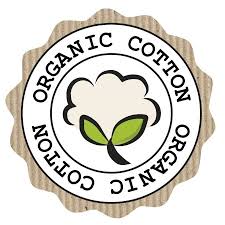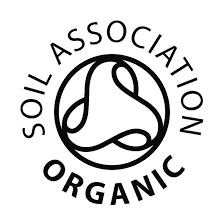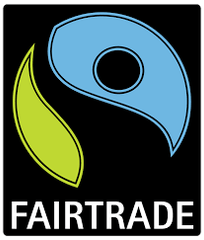Your Cart is Empty
Hot deal! Buy 2 Get 1 free! * Singapore delivery free over $50 * Worldwide over S$100 *

|
This logo ensures that textile products have been both produced organically. Why organic cotton? Conventional cotton is one of the most heavily sprayed crops and the pesticides and fertilizers used not only pollute the local environment but the chemical residues remain in the clothing once manufactured. Choosing organic cotton is important for Little One, the environment and the people who grow and pick the cotton. - It's safer for baby and kids. Organic cotton does not contain harsh chemicals and pesticides. And therefore it is safer to wear for baby and kids, especially on delicate skin. - It's better for the environment. Organic fibres are grown without the use of synthetic fertilisers or potentially toxic pesticides and insecticides. This help mitigate climate change and avoid poisoning wildlife and rivers. - It's better for workers. By avoiding potentially toxic pesticides cotton workers benefit by avoiding the associated health problems and deaths common in non-organic cotton production. Avoiding pesticides also reduces production costs and farmer debts. - It's non GM. GM is banned in organic systems, while an estimated a significant amount of all cotton grown worldwide is genetically modified. GM cotton poses a potential risk to wildlife and human health, as well as exposing farmers to unnecessary expense. |
 |
The Global Organic Textile Standard (GOTS) is recognised as the world's leading processing standard for textiles made from organic fibres. The GOTS logo ensures that textile products have been both produced organically and made in factories adhering to strict environmental and social standards. - GOTS approved products must contain at least 70% organic fibre content - GOTS approved products never contain potentially harmful chemicals which can be found in conventional textile production - GOTS ensures that the chemicals used in processing textiles meet strict requirements on toxicity and biodegradability. - The details matter! Buttons, threads, zips have to also meet strict residue criteria of GOTS - GOTS means safe working conditions, minimum wages, no discrimination and no child labour. |
 |
The Soil Association charity wrote some of the world’s first organic standards over 50 years ago. They helped develop the Global Organic Textile Standard (GOTS) which was launched in 2006 and which Soil Association Certification now certifies to. The only way to be sure that textile products have been both produced organically and made in factories adhering to strict environmental and social standards is to look for the Soil Association and/or the GOTS logo. These demonstrate that the fibre was produced organically, processed to strict environmental standards under good working conditions in the factories, and has been certified by an independent, third party along the whole supply chain. |
 |
The Fair Trade mark means that the cotton used by the brand to make clothes has been produced by farmers that meet the Fair Trade social, economic and environmental standards. These standards include protection of workers’ rights and the environment, payment of the Fair Trade Minimum Price and an additional Fair Trade Premium which always has to be invested back in community projects. |